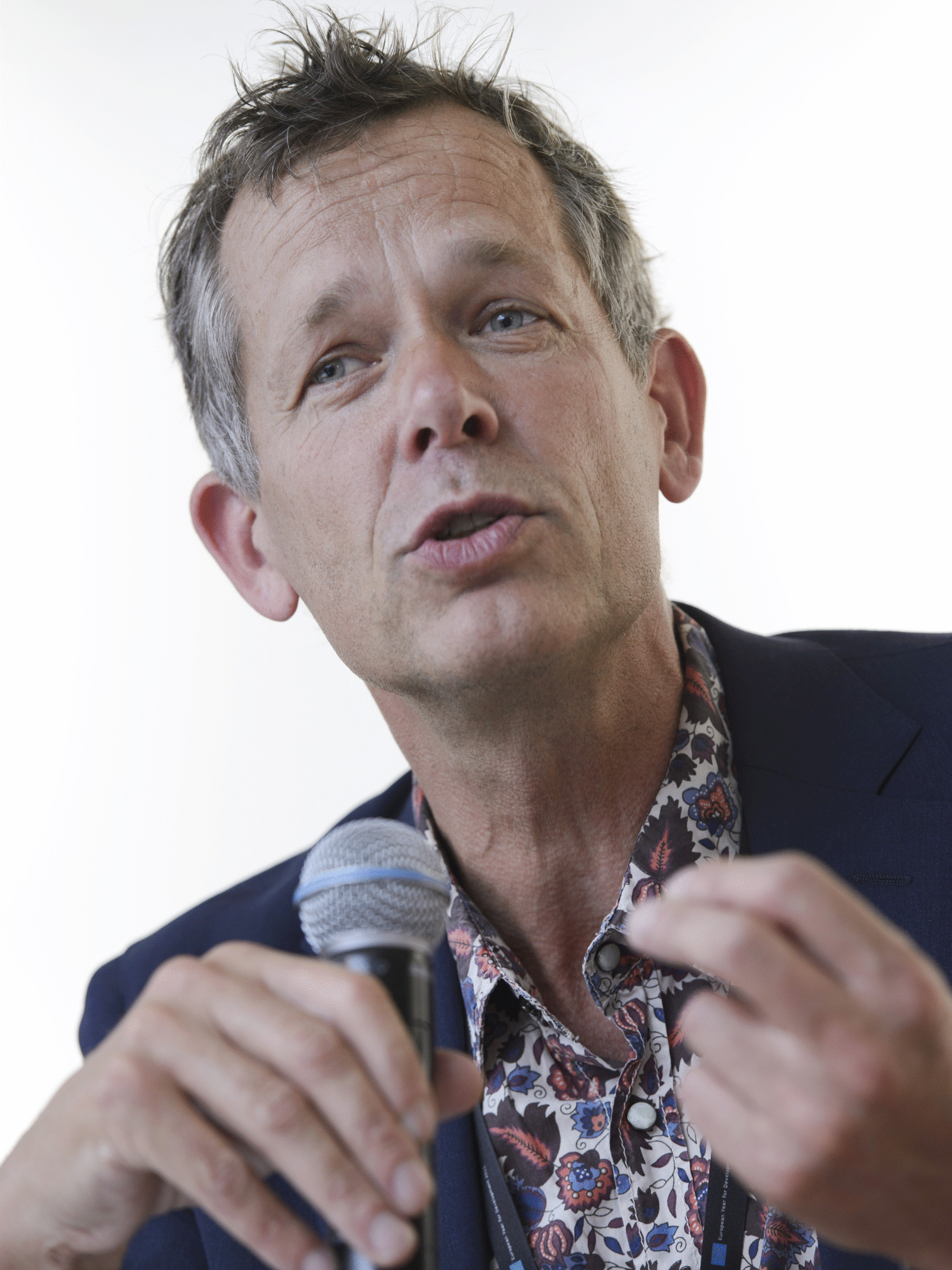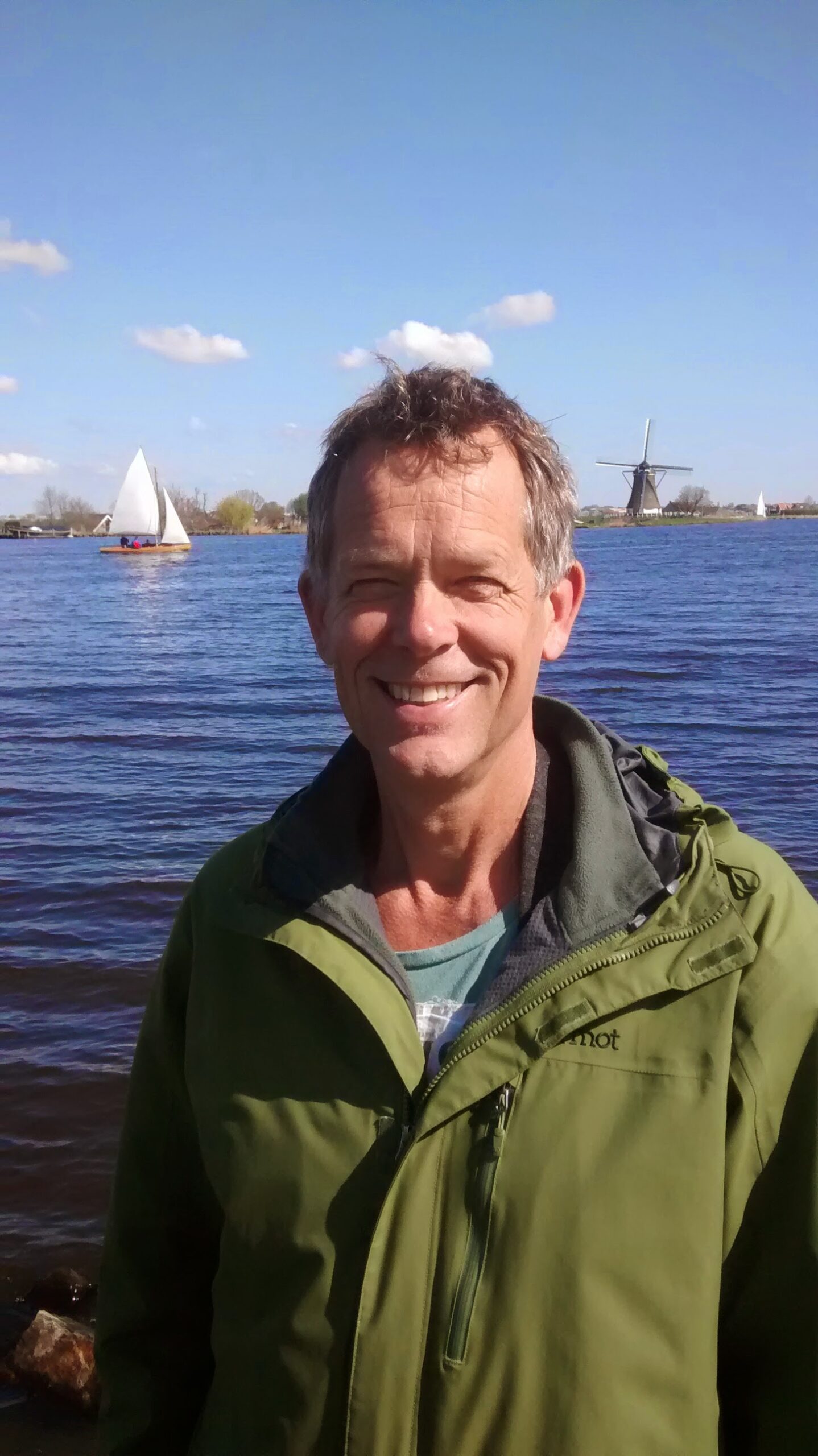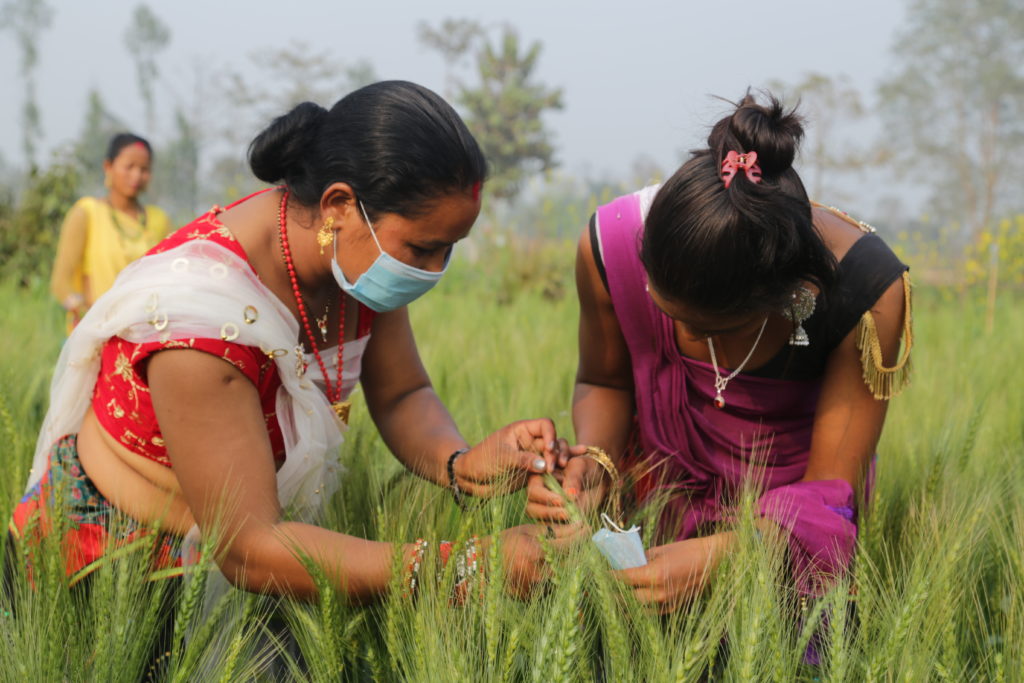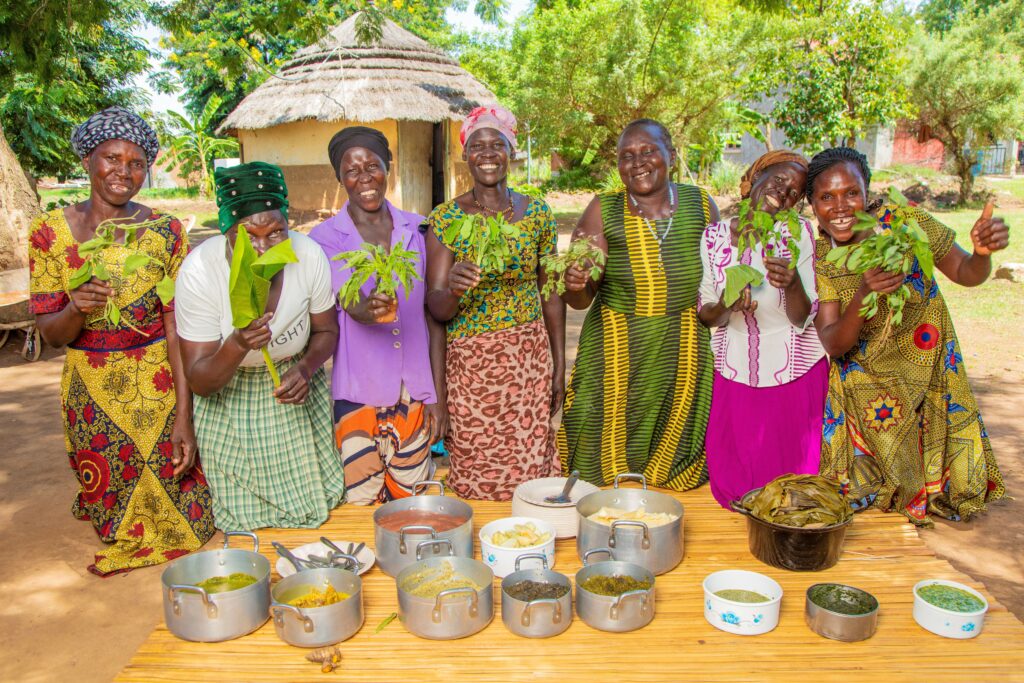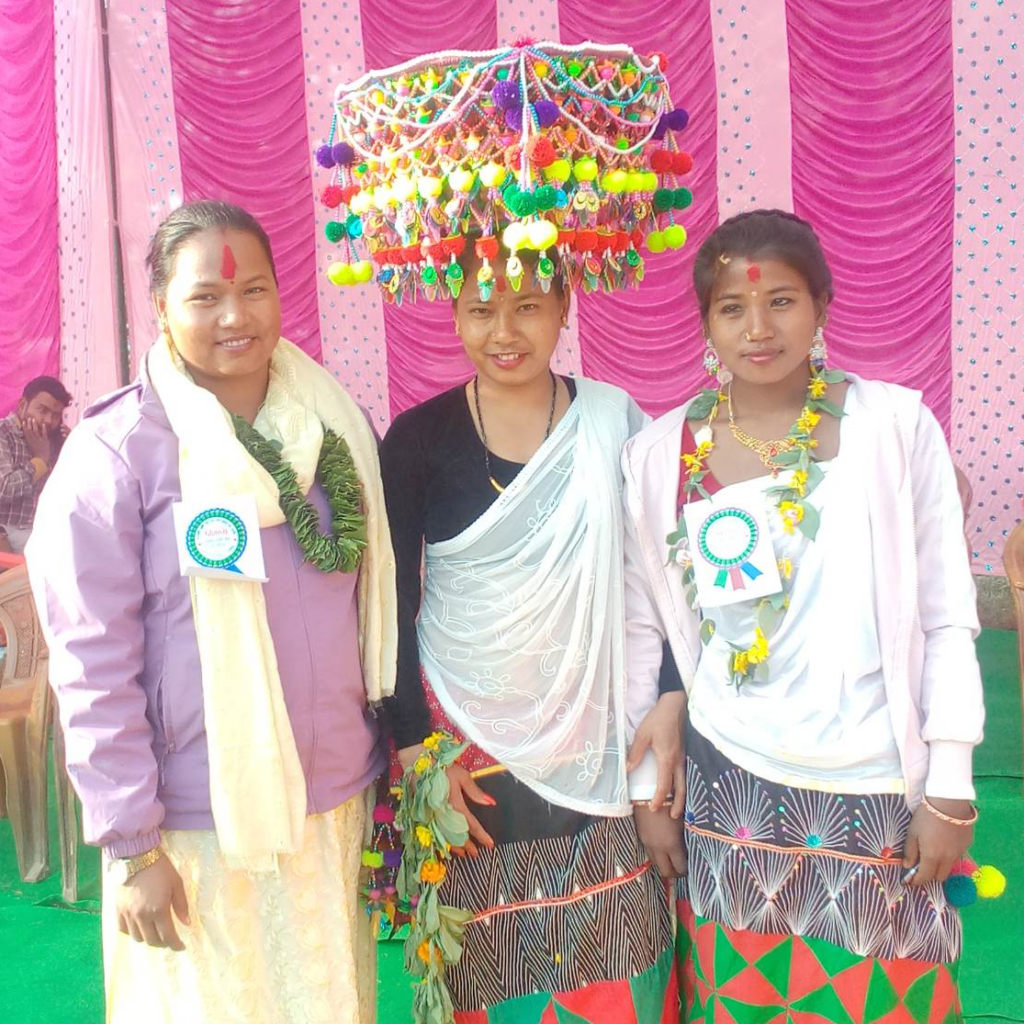Eco Matser has taken on formal responsibilities as the new SD=HS project lead as of 1st of April You can get to know him via this short welcome interview.
Welcome to the SD=HS team, Eco!
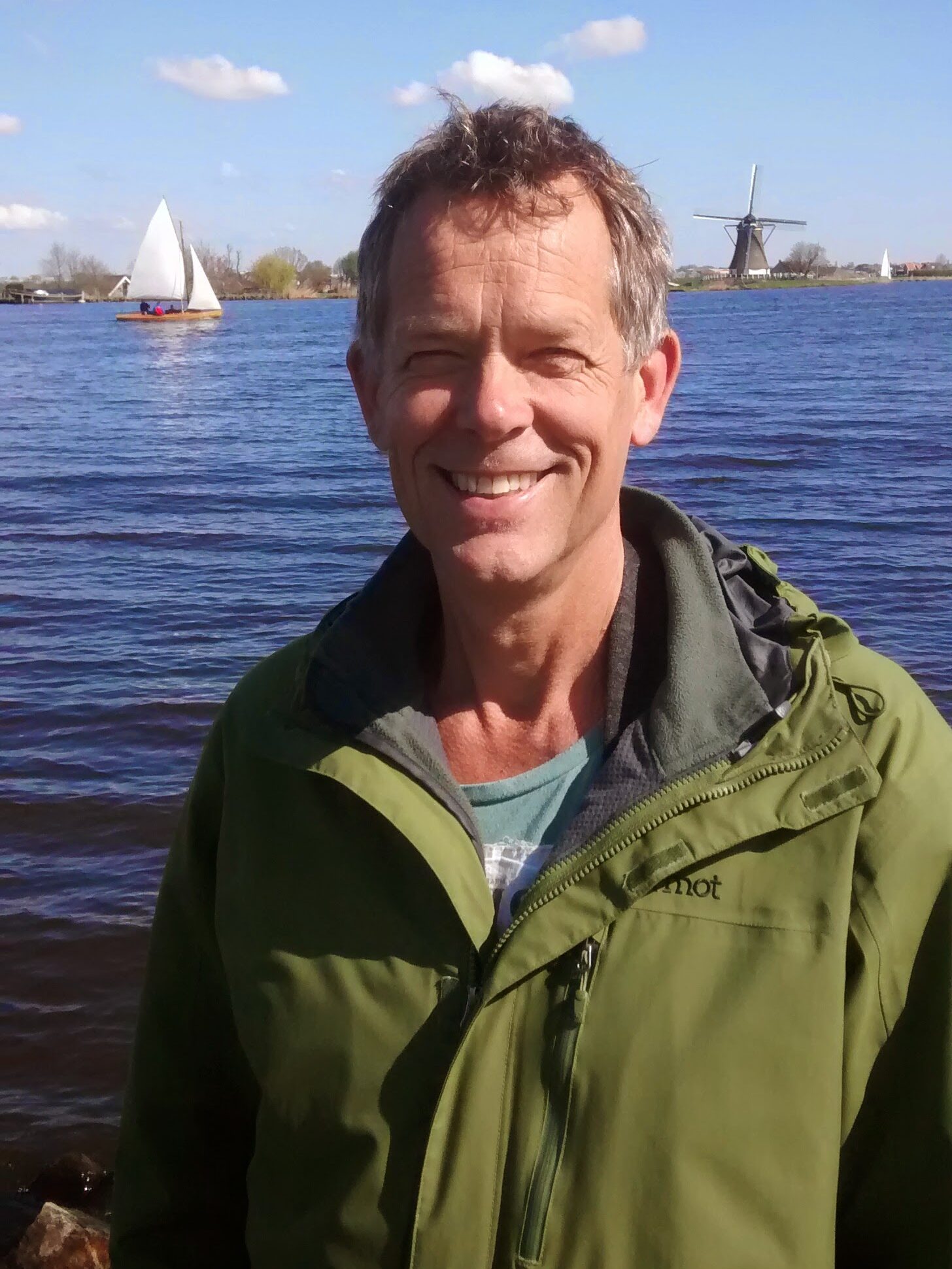
How would you introduce yourself in a few words?
I would say I am committed and enjoy supporting change by working with partners and colleagues worldwide. I have a long experience in supporting fair and sustainable transitions working at global environmental organizations like Greenpeace and development organizations like Hivos.
I live in the Netherlands with two (adult) kids, Amsterdam is my hometown which provides me with great opportunities to cycle in the countryside nearby. I graduated from the Wageningen Agriculture University but did not focus on agriculture. My focus was rather on environmental knowledge and policy change. In my former role as project lead at Hivos I have worked on development in rural locations and worked with local communities understanding their skills, experiences, and challenges.
What is it that attracted you to the SD=HS program?
The SD=HS program provides farmers with tools and support to improve their lives by taking seeds improvements in their own hands. What inspires me is that it offers farmers opportunities to do this without relying on others or expecting farmers to be able to buy expensive seeds from (multinational) companies. With the FFS infrastructure communities can organize and train themselves to tackle other challenges such as seed marketing, land, and other resource constraints.
In the current unequal state of the world and with climate change aggravating those disparities, frontline communities, women, and youth must be able to organize, voice and protect their economic needs and other rights. This is where SD=HS program can contribute and support.
What does a just, inclusive, and sustainable food system look like to you?
I am always shocked when I see the meadows in the Netherlands, without flowers, birds, or other signs of healthy biodiversity. And next to the meadows are big buildings housing thousands of pigs or 100.000s of chicken. This extends worldwide, from the monotonous palm oil estates in Southeast Asia to the cattle feeding on destroyed forest lands in Latin America.
Landscapes that support people, healthy food and biodiversity are crucial. We must change the course of the dominant industrial agriculture and ensure smallholder farmers can continue to feed themselves, all of us, and preserve biodiversity.
How do you see the future of the program?
My ambition as SDHS Project Manager is to build on the success of the program and develop the program to expand beyond the current countries and partners but also increase impact and sustainability by strengthening advocacy for sustainable agricultural practices, climate resilience, and climate finance. The results of the past 8 years can help to convince governments, research institutes and companies to embrace participatory approaches that include farmers, youth, and women to shape a future that provides food and protect biodiversity.
Some last words to SD=HS partners?
As you all know, we find ourselves in the closing year of the current SD=HS program. This has some implications such as budget limitations, it also gears our focus towards wrapping up and looking ahead to new initiatives and new partnerships. I will be reaching out to all partners with a more detailed update on the status of SD=HS and the steps to come. You will hear from me soon.
